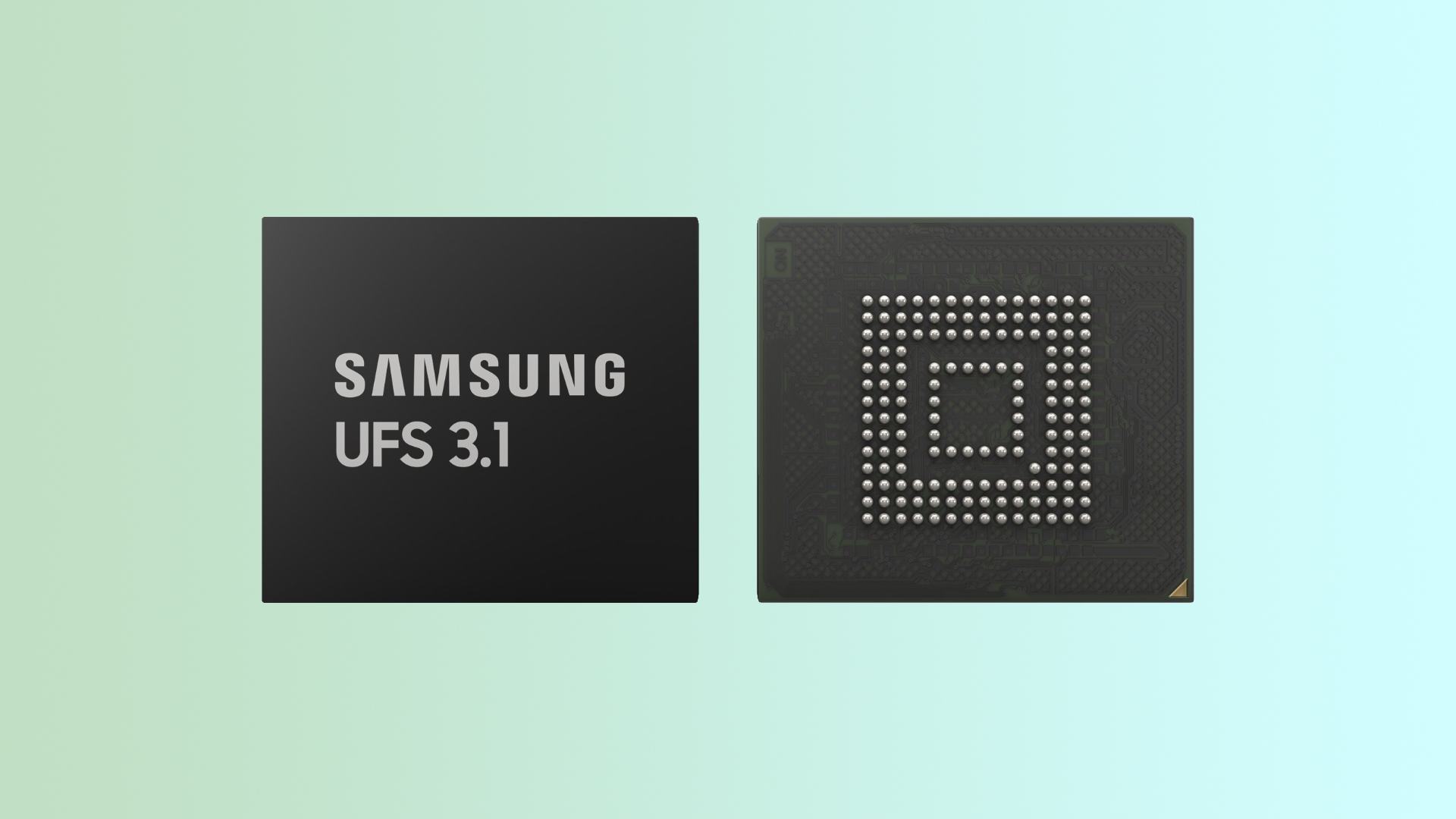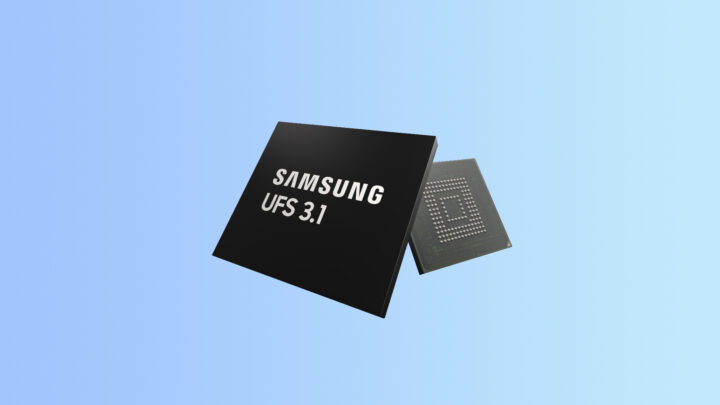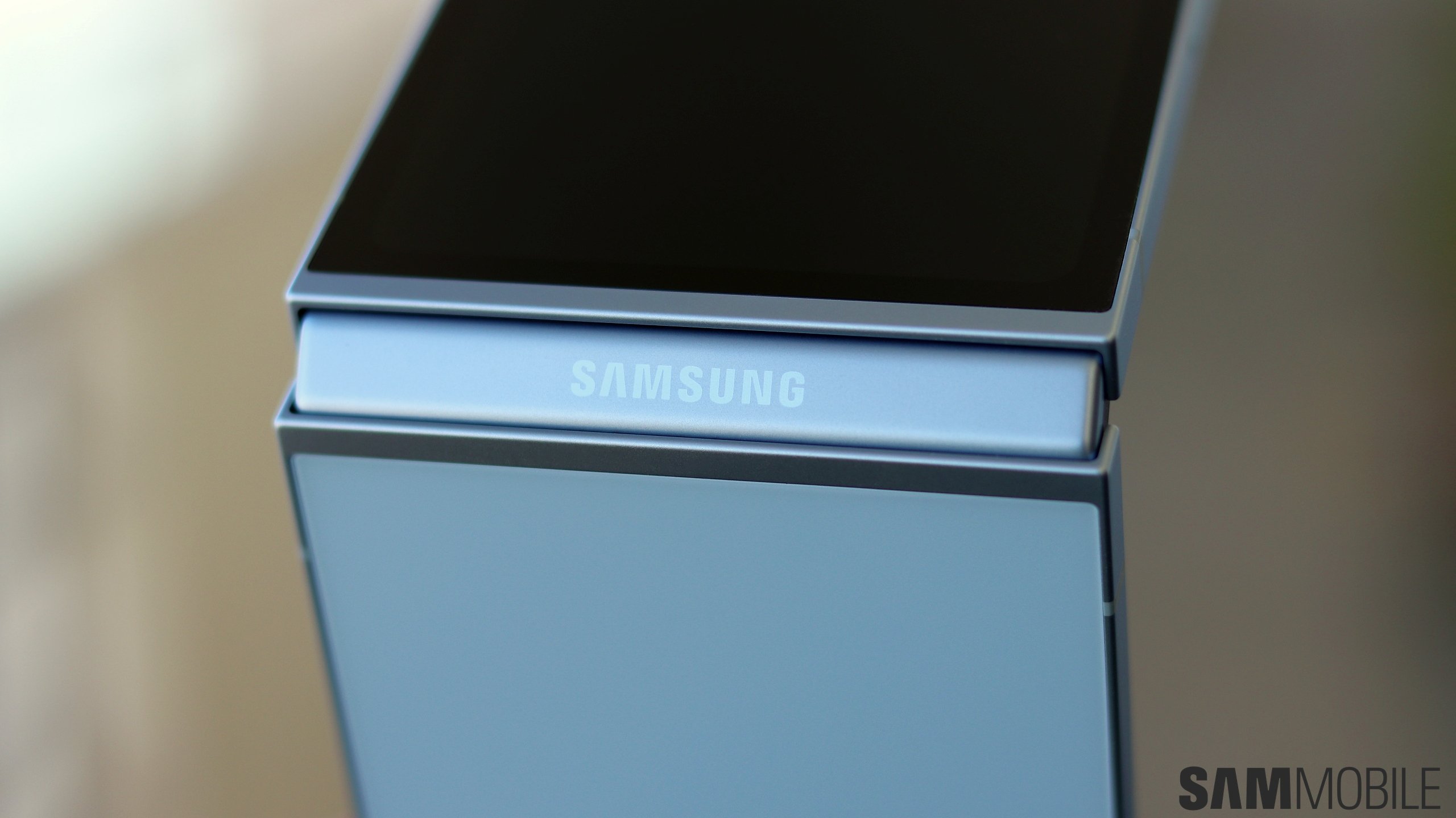
This new NAND flash storage chip offers great data transfer speeds while offering the industry's lowest energy consumption, resulting in higher stability. Samsung's UFS 3.1 storage chip lineup for automobiles consists of 128GB, 256GB, and 512GB models. The 256GB version of the chip offers 33% improved power efficiency compared to the previous-generation chip with the same storage space. It also offers up to 2,000Mbps sequential read speeds and up to 700Mbps sequential write speeds. The company hasn't revealed which fabrication process is used to make these chips.
Samsung's new storage chips are also certified for the AEC-Q100 Grade2 standard. This certification means that the chips can operate in a wide range of temperatures (from -40°C to 105°C). These chips will be available for carmakers and automotive parts makers by the end of this year. The company also received the ASPICE Level 2 certification, which means its products are extremely reliable. The new storage chips are optimized to be used in ADAS systems that assist drivers while driving.
Hyunduk Cho, Vice President of the Memory Product Planning Team at Samsung Electronics, said, “Samsung’s new UFS 3.1 solution addresses a wide range of customer needs for optimized IVI systems while pushing forward with next-generation memory trends that require higher ESG standards. We aim to expand our presence in the automotive semiconductor market, following the introduction of our UFS 3.1 solution for advanced driver assistance systems (ADAS).“






















